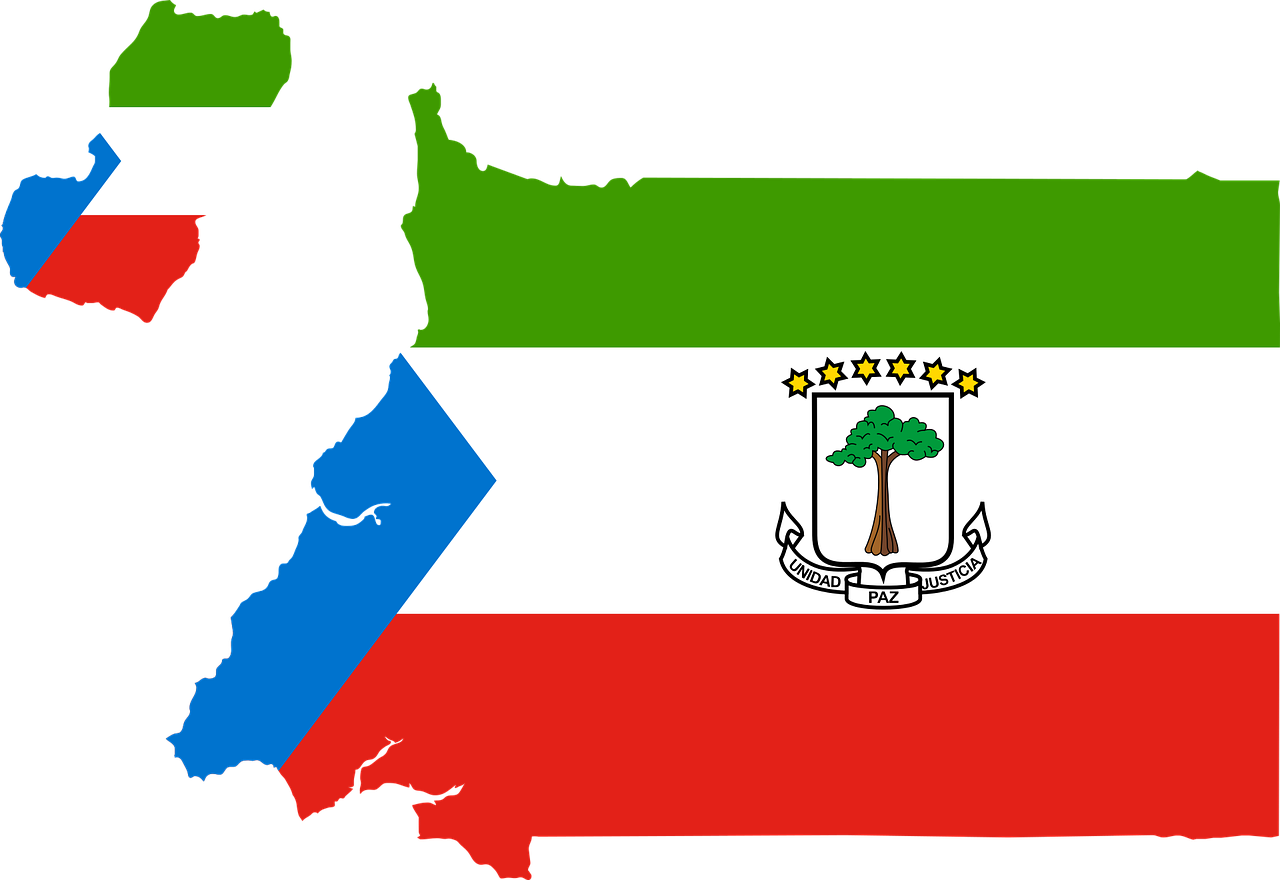Press Relations in Equatorial Guinea: Communicating in a Tightly Controlled Media Landscape

Press Relations in Equatorial Guinea: Communicating in a Tightly Controlled Media Landscape
Introduction
Equatorial Guinea has a highly centralized media environment, controlled by the State. Communicating effectively in this context requires a cautious, diplomatic, and institutional approach.
This guide outlines the political and media landscape, key outlets, and best practices for successful press relations in this Central African country.
1. Equatorial Guinea at a Glance
Capital: Malabo (Bioko Island)
Other major cities: Bata (mainland), Ebebiyín
Population: ~600,000
Official language: Spanish (French and Portuguese recognized as auxiliary official languages)
Independence: 1968 (former Spanish colony)
Political system: President Teodoro Obiang Nguema Mbasogo in power for over 40 years
Economy: highly dependent on oil revenues, with marked socio-economic contrasts
2. Press Freedom and Media Environment
Legal framework: the Constitution guarantees press freedom, but in practice information is heavily restricted
Government control: state monopoly over public media, strictly aligned with official policies
Widespread self-censorship: journalists avoid sensitive topics
Marginalized opposition: virtually no access to state-controlled media
Print press: limited circulation, mostly institutional content
Digital media: relative freedom through diaspora platforms, but often censored or filtered locally
Key takeaway: all communication must strictly respect political sensitivities and pass through official channels.
3. Key Media Outlets in Equatorial Guinea
Public Media
RTVGE (Radio Televisión de Guinea Ecuatorial): main official channel for radio and television news
Print Press
Ebano: institutional publication
La Gaceta Oficial: official government gazette
Online Media (diaspora)
Platforms run by opposition groups abroad, often inaccessible locally without VPNs
4. Specifics of Press Relations in Equatorial Guinea
Prior authorization required: all campaigns must be validated by the Ministry of Information, Press, and Radio
Neutral content only: avoid critical or politically sensitive messaging
Institutional approach: focus on collaborative, cultural, or economic content that highlights the country
Public media as the main channel: virtually no significant local alternatives
5. Tips for Successful PR Campaigns
Work in advance with local authorities
Adopt a diplomatic, consensus-oriented tone
Use official channels for message distribution
Emphasize neutral themes (infrastructure, culture, sports, economy)
Avoid controversial topics to prevent censorship
Conclusion
In Equatorial Guinea, press relations depend primarily on aligning with official political guidelines and respecting institutional protocols. A carefully designed communication strategy, validated by authorities and distributed through state-controlled media, is the key to reaching your audience.
Similar articles
Loading similar posts...
Subscribe to our Newsletter
Don't miss anything! Subscribe to our newsletter to receive the latest articles, tips, and news directly in your inbox.